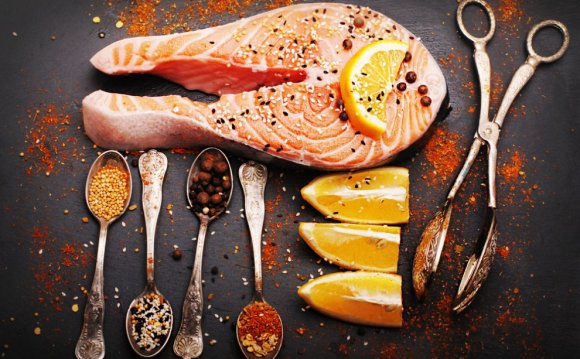
 Alan Aragon has over 18 years of experience. He earned his Bachelor and Master of Science in Nutrition with top honors. He maintains a private practice counseling recreational, Olympic, and professional athletes, including the Los Angeles Lakers, Los Angeles Kings, and Anaheim Mighty Ducks. Alan is the resident nutrition advisor for Men's Health Magazine, and also publishes his own monthly research review.
Alan Aragon has over 18 years of experience. He earned his Bachelor and Master of Science in Nutrition with top honors. He maintains a private practice counseling recreational, Olympic, and professional athletes, including the Los Angeles Lakers, Los Angeles Kings, and Anaheim Mighty Ducks. Alan is the resident nutrition advisor for Men's Health Magazine, and also publishes his own monthly research review.
Overview
It’s time to end the debate of all debates.
You want to lose weight, gain muscle, and change your body—but without worrying about whether you’re eating the right foods. After all, countless diets pronounce that they provide the ultimate solution to your goals. Only problem is, they all differ in the types of foods they suggest, the timing of meals, and how much you can eat.
But all diets are dependent on one common factor: macronutrient composition. That is, the protein, carbohydrate, and fat content in the foods you eat. Macronutrients are the single most important factor that determines a diet’s success or failure. Every diet has its own macronutrient manipulation. On one end of the continuum are the low-carb diets, such as Atkins and Protein Power (and some variations of the Paleo Diet). More towards the middle are diets like The Zone and South Beach. On the other end of the continuum are high-carb/low-fat diets such as Pritikin and Ornish.
So who’s right? Recent evidence in the International Journal of Obesity suggests that the diet you can stick to best is the right one – regardless of the exact breakdown of macronutrients. But this still leaves questions about how to determine your needs to simplify eating. Consider this your final answer, and the guide you need to finally determine the most effective plan for you.
Hitting your goal for the day is the most important aspect of eating protein, whether it’s for fat loss, building muscle, or just maintaining your weight.
WHAT IT IS AND WHY YOU NEED IT
Protein is the major structural and functional component of all cells in your body. Proteins literally play a necessary role in many of the biological processes that allow you to live and function. Not to mention, about 25 percent of your muscle mass is made up of protein—and the rest is made up of water and glycogen (your body’s stored form of carbohydrates). So it’s no wonder why so many diets place a heavy emphasis on protein. But the reason you need to eat so much is simple: Unlike other nutrients, your body can not assemble protein by combining other nutrients, so enough must be consumed in your daily meals in order to achieve your desired health and appearance.
INTERESTING VIDEO












